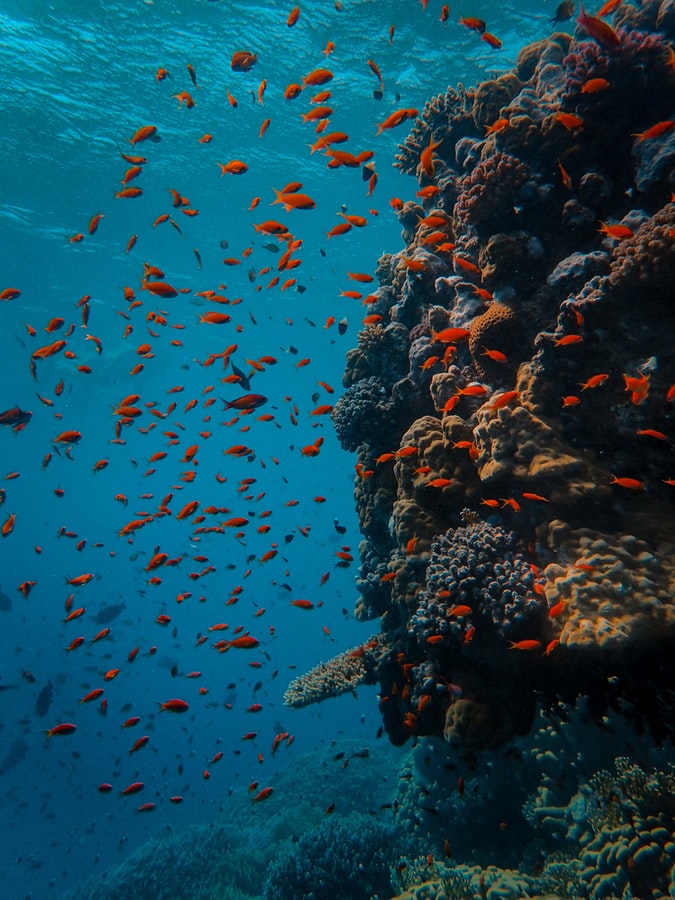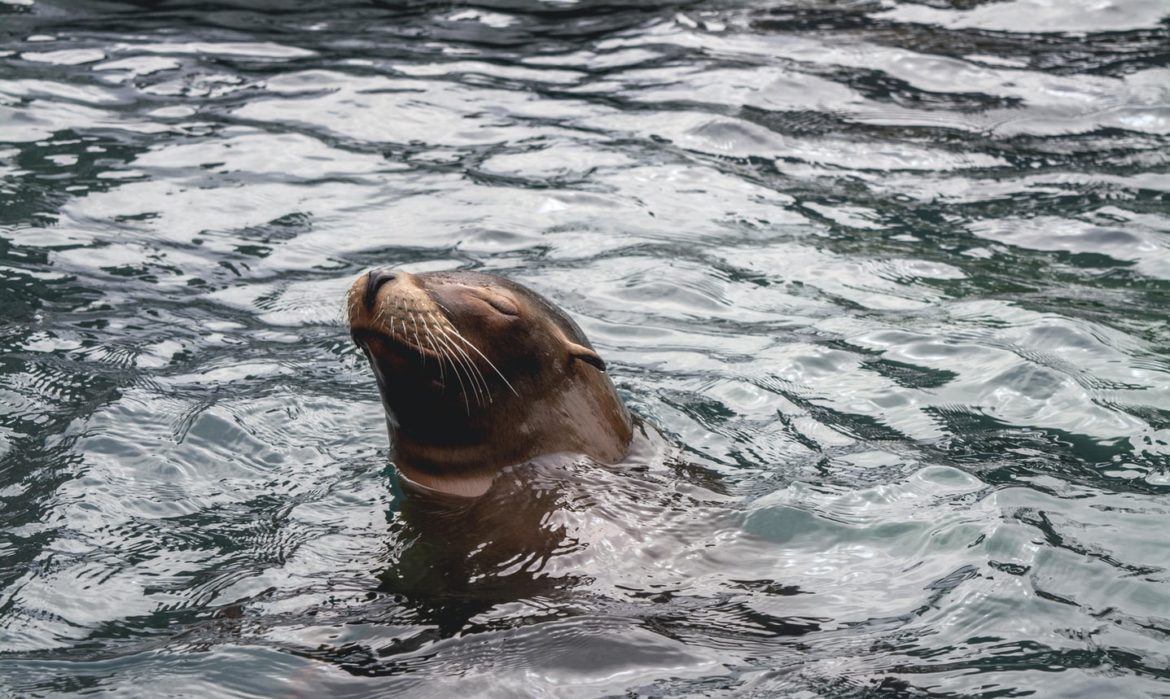Overwhelming evidence suggests that marine fauna, and their ecosystems, are negatively impacted by noise.
Today, oceans impacted by human-created noise.
The following written content via University of California – Santa Barbara

Rain falls lightly on the ocean’s surface. Marine mammals chirp and squeal as they swim along. The pounding of surf along a distant shoreline heaves and thumps with metronomic regularity. These are the sounds that most of us associate with the marine environment. But the soundtrack of the healthy ocean no longer reflects the acoustic environment of today’s ocean, plagued with human-created noise.
A global team of researchers set out to understand how human-made noise affects wildlife, from invertebrates to whales, in the oceans, and found overwhelming evidence that marine fauna, and their ecosystems, are negatively impacted by noise. This noise disrupts their behavior, physiology, reproduction and, in extreme cases, causes mortality. The researchers call for human-induced noise to be considered a prevalent stressor at the global scale and for policy to be developed to mitigate its effects.
The research, led by Professor Carlos M. Duarte, distinguished professor at King Abdullah University of Science and Technology (KAUST), and published in the journal Science, is eye opening to the global prevalence and intensity of the impacts of ocean noise. Since the Industrial Revolution, humans have made the planet, the oceans in particular, noisier through fishing, shipping, infrastructure development and more, while also silencing the sounds from marine animals that dominated the pristine ocean.
“The landscape of sound — or soundscape — is such a powerful indicator of the health of an environment,” noted Ben Halpern, a coauthor on the study and director of the National Center for Ecological Analysis and Synthesis at UC Santa Barbara. “Like we have done in our cities on land, we have replaced the sounds of nature throughout the ocean with those of humans.”
The deterioration of habitats, such as coral reefs, seagrass meadows and kelp beds with overfishing, coastal development, climate change and other human pressures, have further silenced the characteristic sound that guides the larvae of fish and other animals drifting at sea into finding and settling on their habitats. The call home is no longer audible for many ecosystems and regions. Read more from Science Daily.
Advertisement






